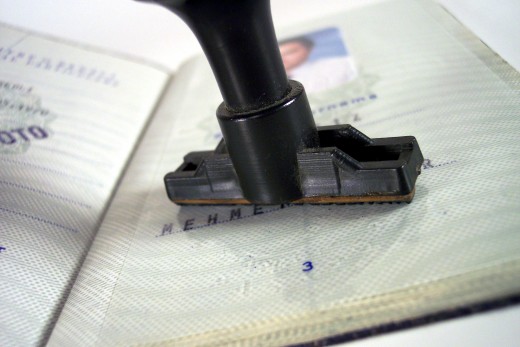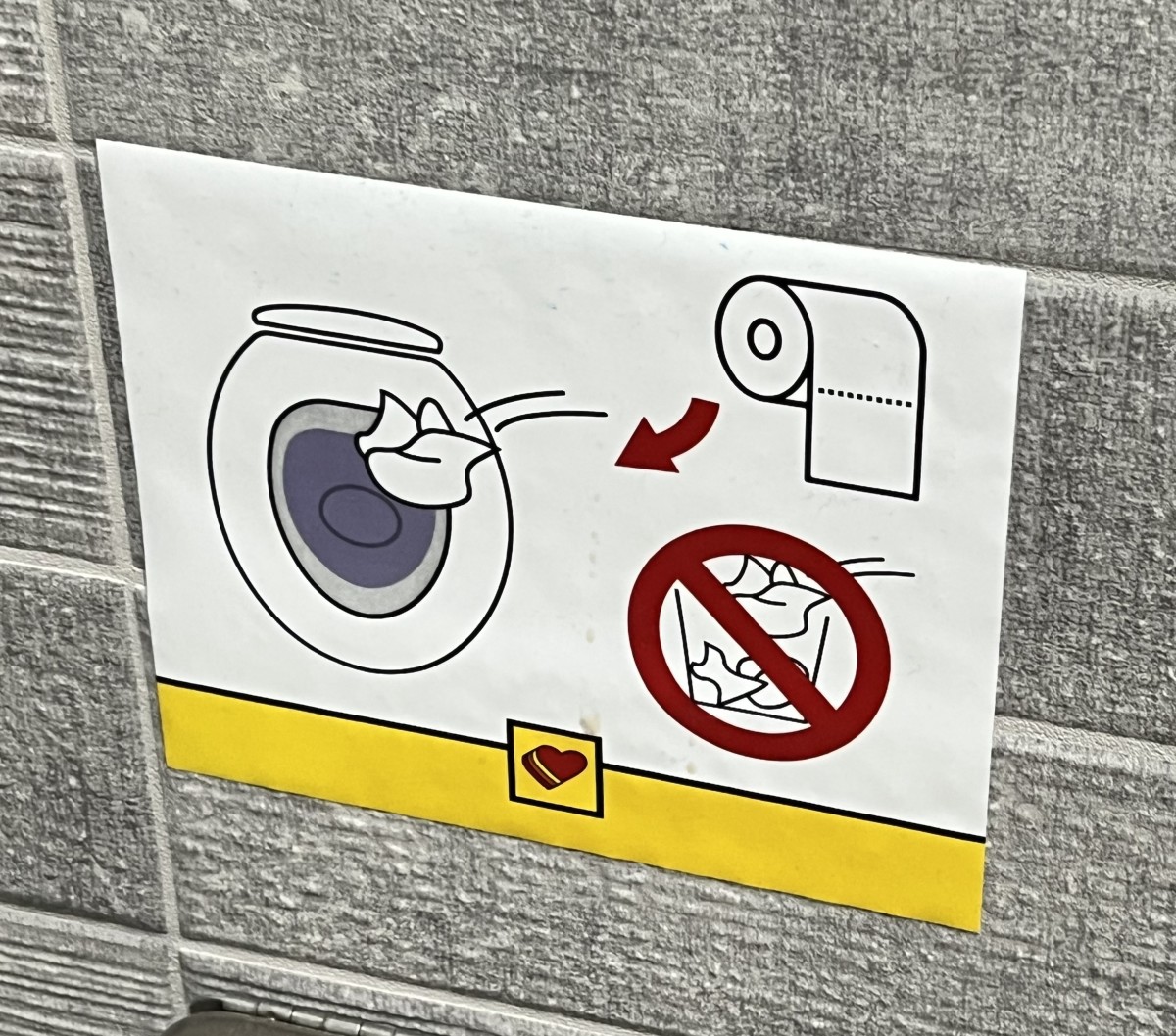Live in the UK: Immigration Rules For For European (EEA and EU) Citizens
British immigration rules are a nightmare for all involved. Even lawyers who work in the field are often confused by the rules. After struggling for almost two years to get my family proper residence permits and visa I now think I know the system backwards. So here is a guide to help you find your way through the minefield of UK immigration regulations.
This guide won't help everyone. It is only for people who are citizens of the European Economic Area (EEA), which is mainly EU countries plus a few others such as Switzerland, and their spouses or partners. I'm afraid I have no experience when it comes to the Tier 1 and Tier 2 migration rules and for that you will have to get immigration advice elsewhere. Also please note that I'm not an immigration lawyer. This advice is based on my own experience. If you need proper legal advice then I suggest you find a qualified immigration solicitor.
To avoid saying EEA citizen all the time I'm going to write this as if you are that person and that your spouse (husband, wife or same-sex partner) is from some other country that is not in the EU or EEA.
What Are the EEA Immigration Regulations?
The UK's EEA regulations are an important part of European law that is known as the Free Movement Directive (it is also called directive 204/38 you can find a link to it below). In short it is based on the idea that all citizens in Europe have the right to move about freely to find work or to live in other countries within the EU.
These rules give three main sets of rights. A right to visit for you and your family. A right to work or study in a country for you and your family and finally a right to settle permanently (in Britain they sometimes call this indefinite leave to remain or ILR) in the country.
I'll talk about each in turn.
Visiting the UK under the EEA Rules
The EEA regulations are very clear on this. The first is that every EU citizen has a right to visit any EEA country for up to 3 months without any formalities. You can just arrive at the border and show your passport or identity card and they have to let you in for a visit. They can only refuse in exceptional circumstances such as if they think you represent a risk to security.
The other important element of this
is that they also have to let your direct family members in with you,
even if they are not citizens of an EEA country. So in my case, I'm
German but lived in the UK with my South African wife. Every time we
want to travel anywhere in Europe or to the UK they have to give her a
visa and they are not allowed to charge her for it. This is really important because there is strictly speaking no other formality required. In theory you could step off a plane with nothing more than passports and a marriage certificate and get entrance to Britain.
In reality Britain wants the spouses or dependent children of EEA citizens to get a visa. In many cases too it is easier for us to travel around Europe when my wife has a visa. The law says that they can't demand them, but you try arguing that point with an airline check-in desk which is refusing to let you board the plane. So it is just much easier all around to get the visa. Now there are a couple to things to note about this. To get it you have to present both passports and a marriage certificate. If they have proof that your marriage is bogus then they can turn you down.
Living in the UK
The Free Movement Directive also gives EEA citizens and their spouses a clear right to live in the UK for more than three months at a time provided the EEA citizen is doing what is known as "exercising treaty rights". The simplest form of this is just having a job. So you can stay for as long as you like in Britain and your family can stay with you if you are working.
There are some other circumstances too. You are allowed to be in the UK if you are a European Union citizen and you are studying, for instance, or retired. In these cases, though, you have to prove you have enough money to support yourself and you may be asked to take out health insurance
There are some important quirks to this. If you are the European citizen then you have to be the one working, not your spouse or same-sex partner who is from another country.
There are not many formalities for you. Under the immigration regulations you can just turn up and start working. You don't even have to register (but you should get a registration certificate, and I'll explain why later). For your spouse though, it is a bit more complicated. They have to apply for a residence card. This is known as an EEA2 application. To get it all you are legally required to provide is your two passports, proof that you are exercising treaty rights by, for example working or studying, and your marriage certificate showing you are in a genuine marriage. This should also be processed in no more than six months by law and will give your spouse the right to live and work in the UK for as long as you are there.
In reality, once again, the Home Office complicates things. They are slow to process applications, they often ask for other unnecessary documents such as bank statements even though they are not required by law. They also leave the spouse in a tricky situation for the six months that they are waiting because in theory they can work and come and go freely but few employers will want to risk breaking the law by hiring a person whose status is unclear.
The important thing to do here is to apply for an EEA1 registration certificate (for you) at the same time as you apply for an EEA2 for your spouse. Some people think that this speeds up the whole process for both of you. You also have to hand in the same documents so you may as well have both applications done at the same time. Finally, it is free if you do it yourself instead of through an immigration lawyer or advisor. So there is no downside. It also gives you a piece of paper to prove your status when you later apply for ILR (indefinite leave to remain) under the EEA rules.

Getting Permanent Residence Under EEA Law
After you and your spouse have been living in Britain for 5 years under the EEA rules (in other words you have been working or studying for all of that time) you can apply for permanent residence. You don't have to have been there completely for the 5 years. In any one year you are allowed to be out of the UK for up to six months (each year) and once in the five years you can be away for up to a full year for an important reason such as working abroad or doing military service.
You apply for this on forms known as EEA3 and EEA4. The waiting time is supposed to be 6 months for your spouse, but again they usually run late. I found mine took more than a year to get. Here it is helpful to be able to provide a registration certificate to start the clock ticking. You may also be asked to provide proof of employment for all the time you were there as well as things such as bank details. Once again these don't seem legal requirements but the Border and Immigration Agency likes to make life difficult.
Some tips for all applications:
- Keep all of your bank statements, pay slips and tax records from the moment you arrive in Britain. You may be asked to provide these. If, like most people, you have some gaps you may have trouble trying to explain them.
- Submit everything in a file with everything documented and categorised. This way the officers will find what they are looking for. I used a small file with plastic folders and provided a covering letter detialing what every single document was. For instance I would say please find pay slips as proof that I was exercising my treaty rights from date xxx to date yyy covering the five years in folder A. Please find my passport proving my citizenship of an EEA country in folder B.
- Keep all records, no matter how irrelevant they may seem. You may be asked to prove that you and your spouse, or partner have lived together the whole time. Here it is useful to be able to hand over utility bills and bank statements in both names. If you don't have these in both names, set some up as soon as possible to prove you have lived together.
- Complain if things go wrong. If you are within your rights don't take no for an answer. The EEA regulations give immigrants a huge number of rights. The government doesn't always recognize these so be ready to fight and appeal if you are being denied them.
Further reading on UK EEA Immigration Rules
- Right of Union citizens and their family members to move and reside freely within the territory of t
EUROPA - Summaries of EU legislation - The Union has adopted a Directive on the right of citizens of the Union to move and reside freely within the Member States, which brings together the piecemeal measures found in the complex body of legislation t








